With Tisha B’Av, the annual day of mourning for tragedies throughout generations, fast approaching, we asked two rabbis, “Where can God be found in response to tragedy?”
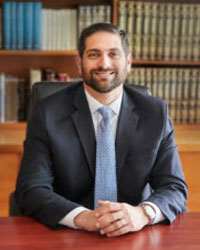 Rabbi Jeremy Fine, Temple of Aaron of St. Paul, Minnesota
Rabbi Jeremy Fine, Temple of Aaron of St. Paul, Minnesota
“My response begins with a singular guiding principle that I quickly learned in the rabbinate; no two experiences are alike. When a family is in mourning, their reactions to that loss are always different from another. When a child is lost, no real-life example can help that grieving couple. In many ways, God is found in this very principle; we all experience God differently. And because our relationships with God vary—our search for God inside tragedy must be different.
So, where is God found in these tragedies? Rabbi Jonathan Sacks writes, ‘God is not detached from human drama. He is intimately, even passionately, involved in it.’ I, humbly, agree with Rabbi Sacks. God is not far away only to blame in our despair. God is not only an idea in the sky that we point to in need of help or in anger after a loss. God is present if we allow God to be.
I have begun a podcast called ‘The Religion of Human Nature.’ The reason why I began the podcast was that through my work as a rabbi, I have found we are often influenced by the people around us more than our relationship with God. I am not labeling that good or bad, just a personal observation. On the first episode, I had a devout Catholic, Sunday Burquest (CBS Survivor) and an atheist Cole De Vries (MLB pitcher). We discussed the topic ‘Does Prayer Work?’ During this worthy discussion, De Vries admitted that sometimes on the mound, in a big moment, he looked elsewhere for a little extra strength. We are quick to call on God when we are in need and even quicker to blame God for our misfortune; but the God I am in relationship with is one that feels my pain alongside me. God is involved in my loss and I believe, it can be God’s loss as well.
I do not pretend to know God’s way better than anyone else. I cannot control tragedies that hurt others. But I can control how I view God in my life. I can find solace in the protection God has provided me. I can find comfort in believing God is beside me after a tragedy. God can be the support each person needs during their moment of tragedy. I choose to live in partnership with God, whether that means I share praise when miracles happen, or God helps hold my anger if it is too unbearable for me alone. God is human being’s partner in the pain of tragedy.”
 Rabbi Erin Polansky, Beth Israel Congregation of Kingston, Ontario, Canada
Rabbi Erin Polansky, Beth Israel Congregation of Kingston, Ontario, Canada
“Implicit in this question is the larger question, which must be considered first: Does God cause tragedies to happen? My simple answer to this question is, ‘No.’ God doesn’t cause tragedy or disaster, destruction or horror. I don’t believe that God wields that kind of power in our world. Why not? Because if so, then God is not good. Innocent people die in natural disasters and terror attacks, and are stricken with disease. Could a God who is good cause a child to suffer? In giving human beings free will, God gave us the freedom to make mistakes, wrong choices and even to choose evil, and in so doing, God limited God’s own power. Tragically, many people make bad choices; accidents happen, genes mutate, well-meaning people make mistakes. And yes, there are evil people who act with malicious intent. Innocent people suffer. This is the price of free will.
Knowing that the worst can and will happen, what role does God play in that reality? God can be there for us in a comforting and helpful role. We turn to God for a ‘CHEK’ in. Reaching out to God can help us:
Cope
Heal
Ease pain (for ourselves and others)
Seek out Kindness
Having a spiritual life and a relationship with God means that in times of hardship, we can rely on God for comfort and hope. Knowing that we have someone who will always allow us to lean on them, to cry with and to hold us helps us cope with the reality of our experiences.
Next, our belief in God can help us heal and ease the pain we feel as God’s love surrounds us with hope and encouragement that we can survive. If we choose to seek out God’s comfort in the presence of our Jewish communities, we will feel that support in the prayer minyan, the voices coming together in song, the ‘amens’ offered together in solidarity.
And finally, our belief in God can help us to be mindful of the kindness that is all around us, even in the midst of tragedy and pain. Fred Rogers often recounted: ‘My mother would say to me, ‘Look for the helpers. You will always find people who are helping.’’
In the 13 attributes of God, kindness is mentioned twice. We are meant to imitate God with acts of kindness. To see kind people doing their work in the world—helping others in need—restores our faith that God is good, and that our world will be repaired once again.
Where is God in tragedy? God is our CHEK-in. God helps us cope, heal, eases our pain and inspires acts of kindness.”
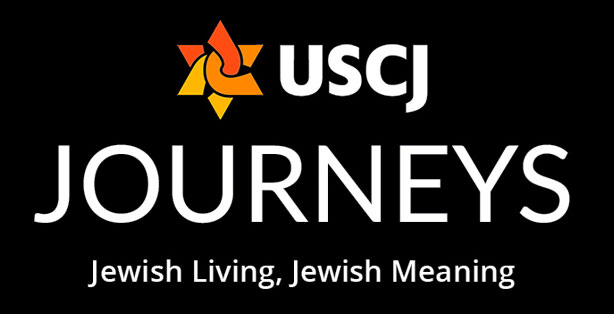
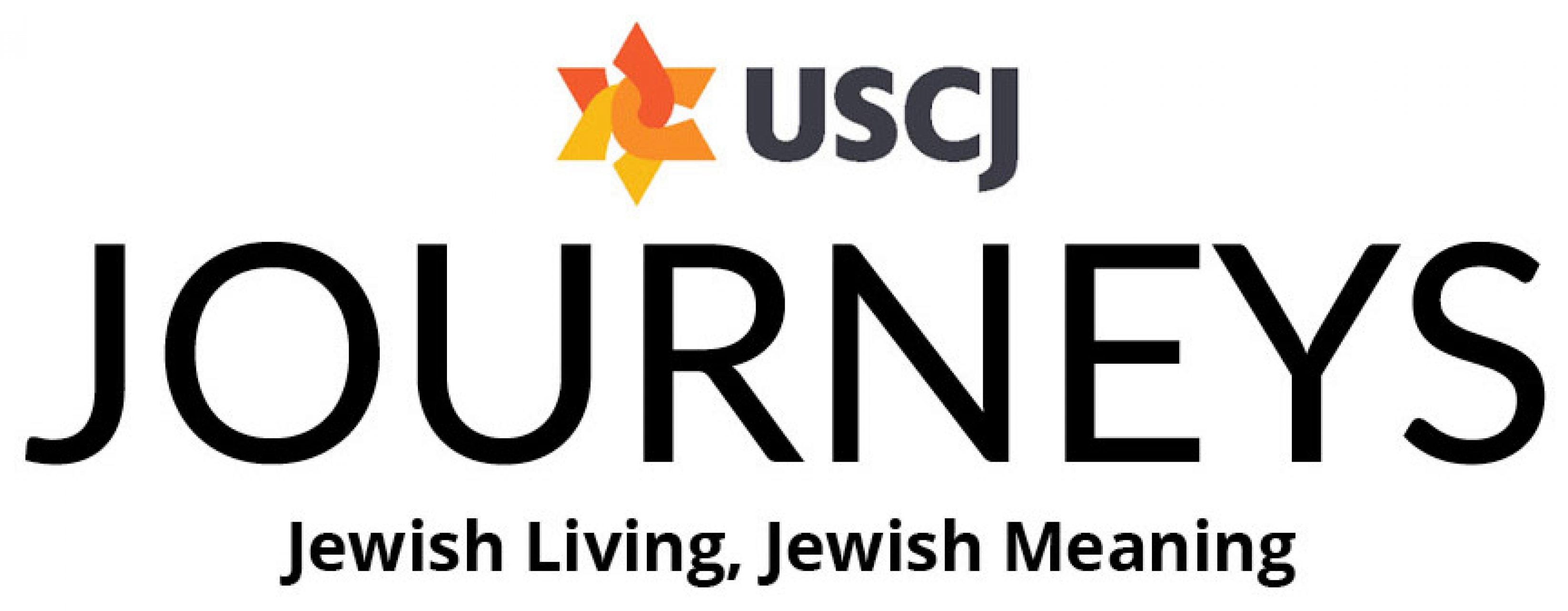
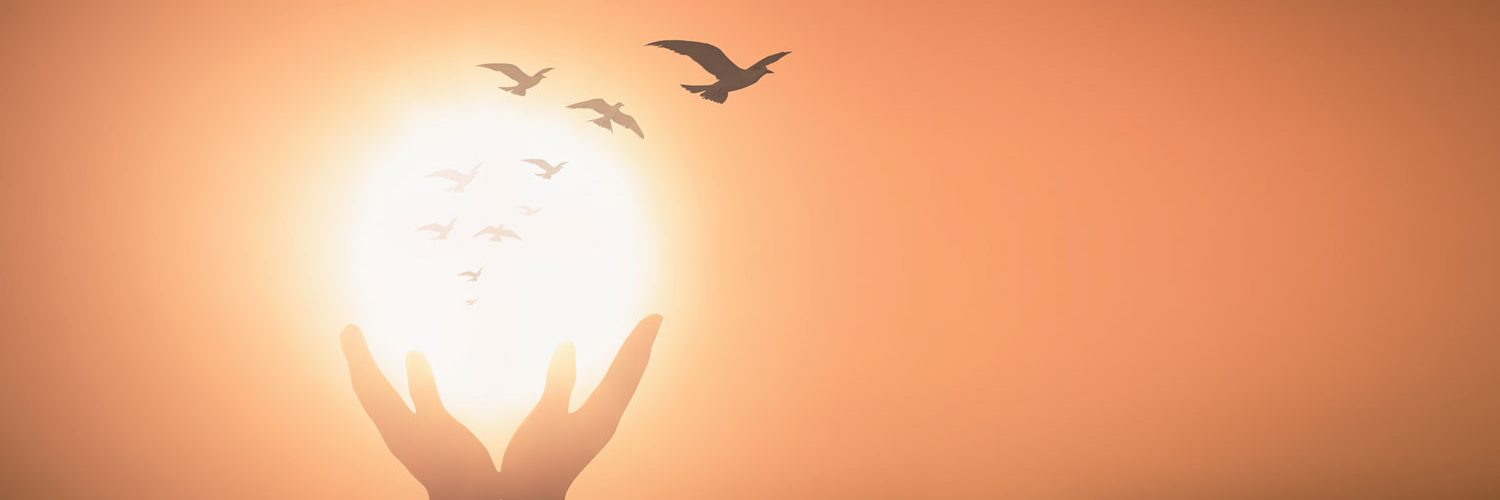

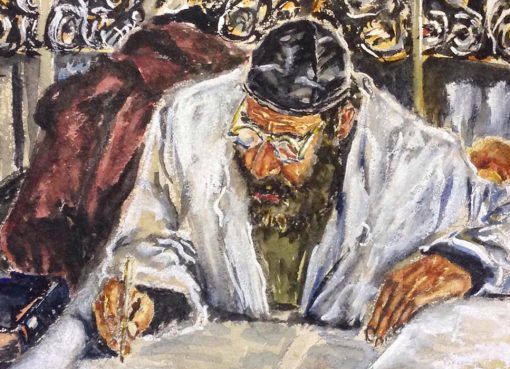
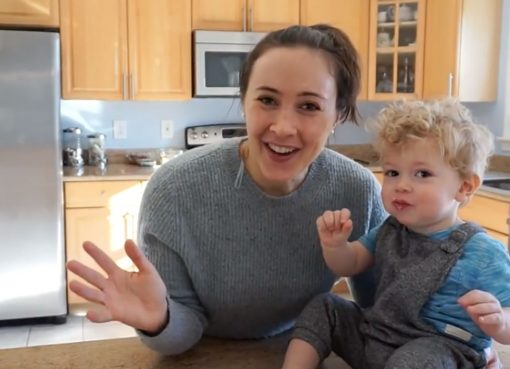
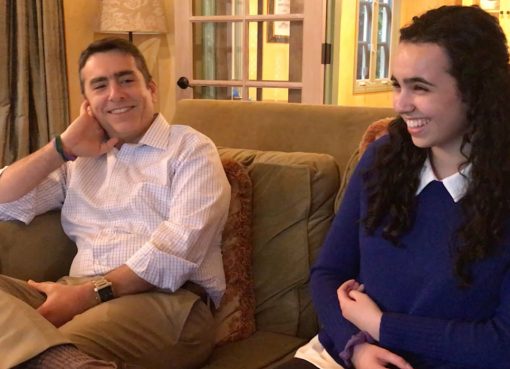

Comment here